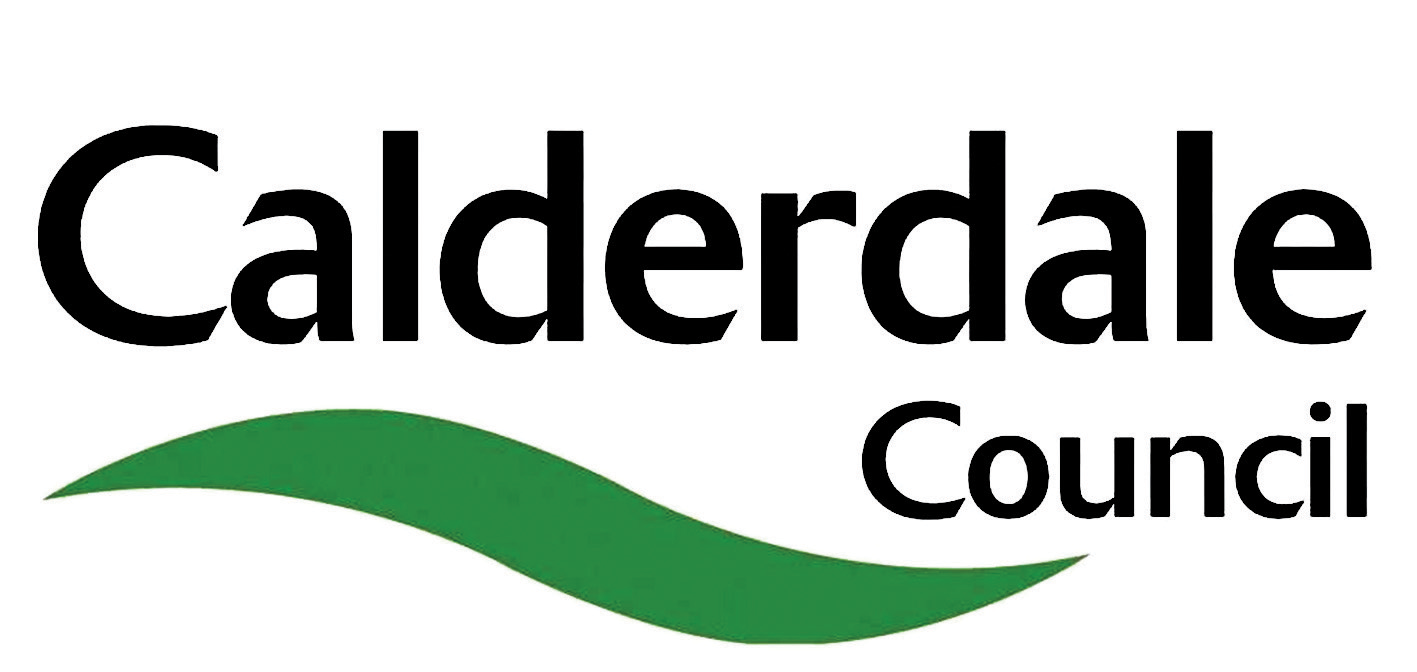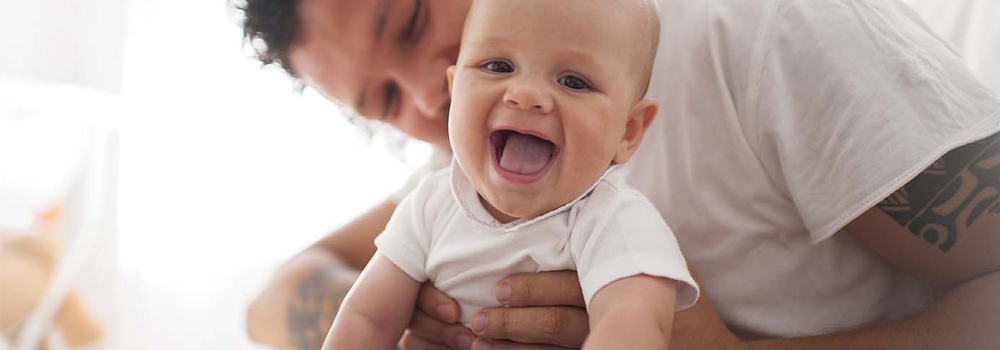Some parents feel an intense attachment within the first minutes or days after birth. For others, it may take a bit longer. Bonding is a process, not something that takes place within minutes and not something that has to be limited to happening within a certain time period after birth. This is important for both mums and dads.
Bonding and being close enables a child to feel secure and affects how they will interact, communicate and form relationships later in life. The bond you develop is a key factor in the way your baby’s brain develops and influences their social, emotional, intellectual, and physical development.
Even in the first days of life, your baby picks up on your cues, your tone of voice, your gestures, and your emotions and sends you signals by crying, cooing, mimicking facial expressions, and eventually smiling, laughing, pointing, and even yelling. In return, you watch and listen to your baby’s cries and sounds, and respond to their cues, at the same time as you tend to their need for food, warmth, and affection. Secure attachment grows out of the success of this communication process between you and your baby. With almost every touch your newborn is learning about life.
Pay attention to the kinds of movements, sounds, and environments your baby enjoys. Some babies are comforted by motion, such as rocking or being walked back and forth, while others respond to sounds like soft music, or a change of environment such as being carried outside. Many of your baby’s early signs and signals are about the need for food and sleep.


